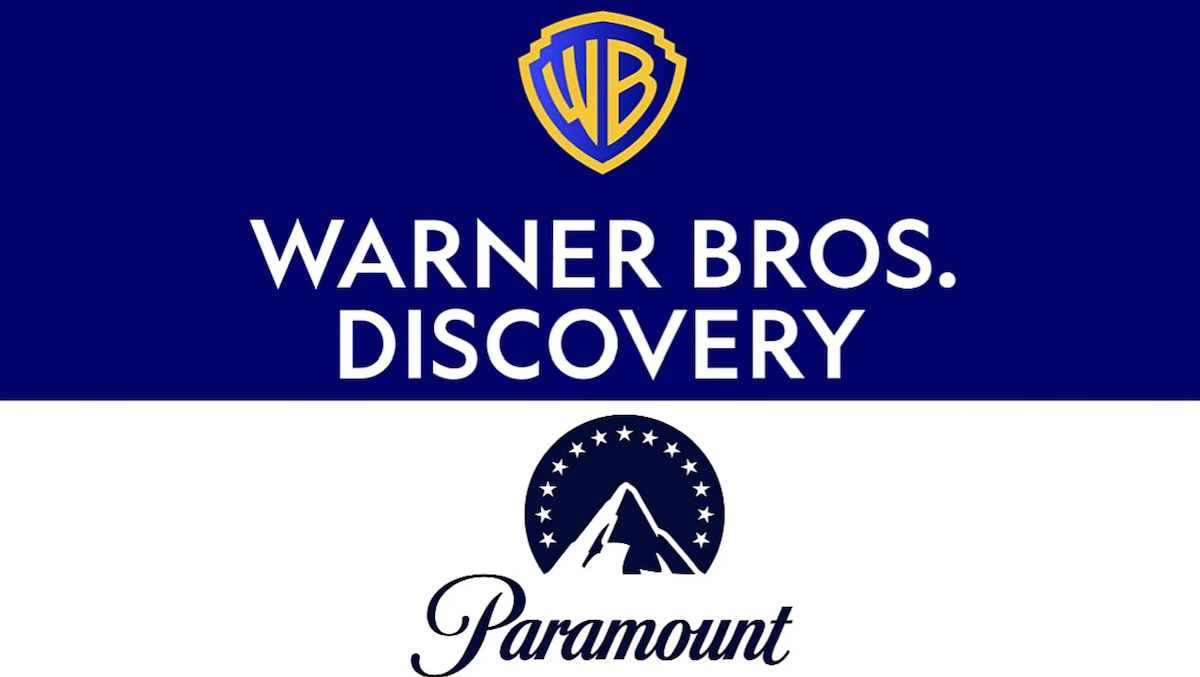WBD and Paramount potential merger highlights need for scale
Could open up streaming industry to a flurry of other deals
News of the Warner Bros. Discovery (WBD) and Paramount Global merger talks comes as no surprise. Neither company has had an easy ride managing the complex task of multiple brands and content assets leading to multiple rebranding of their loss streaming operations.
This is despite having some of the leading brands and IP in global entertainment. WBD’s roster includes CNN, DC, Harry Potter, Game of Thrones, and had the biggest movie hit of the year with Barbie. Paramount owns CBS, MTV, Nickelodeon, the Star Trek and Mission: Impossible franchises, and much more.
Combining assets that span TV, film, sports and streaming to gain greater scale and operational efficiencies will be a tempting move. Specifically, WBD and Paramount would have an interest in combining their Max and Paramount+ premium streaming services.
Challengers across all sectors are struggling to compete with the respective leaders in their fields. We've seen this play out in the telco world and are now seeing the same scenario of corporate activity unfold among media giants.
WMD and Paramount, alongside others, have made some huge bets as part of moves into streaming. These have been over-ambitious, all seeking to replicate Netflix’s success. It is clearly apparent that success is not guaranteed and that making the transition is no easy feat.
As the streaming pandemic party came to an end, users have been forced to tighten their belts. Coupled with the continued cost of living crisis which is having a profound impact on all companies, no one is immune.
Some investments will take many years to come to fruition, let alone make a profit. The downturn in advertising hasn’t helped either, and has negatively impacted many companies. All companies are now preparing for the worse. There is a huge focus on cutting costs and driving greater efficiencies to improve margins for the year ahead. Expect more bumps to come.
The difficulty is that the unbundling of traditional TV services has led to huge fragmentation. There are too many streamers chasing too few dollars. For media companies, the market and future outlook looks challenging at best. Also, the recent writers and actors’ strikes are having a profound effect on the wider content creative industries, leading to a weaker slate for some streamers next year. Consequently, users may decide to cancel or downgrade their existing packages.
Netflix’s broad programming, global content production, and continued focus to release titles will always resonate with users and it remains an indispensable service. This will help protect its margins with any increase in licensing costs, as well as moves into new areas such as retail and live experiences. Furthermore, its recent price rises will have a negative impact on rivals as consumers will tend to evaluate competing offerings before thinking of cancelling Netflix.
Price rises, however, are inevitable across the streaming providers, and we can expect this most likely to happen, from now on, on an annual basis; akin to traditional pay TV and other services.
As a result, consolidation remains a key strategic option for companies such as WBD and Paramount as a means of competing with agile providers like Netflix who have significant scale.
However, one of the biggest obstacles will be approval from key stakeholders, including the regulatory authorities.
If it does all materialise though, then expect other media companies, even some of the very largest, to follow suit. Arguably the next set of moves will be even more intriguing, leading to some fascinating potential tie-ups.



